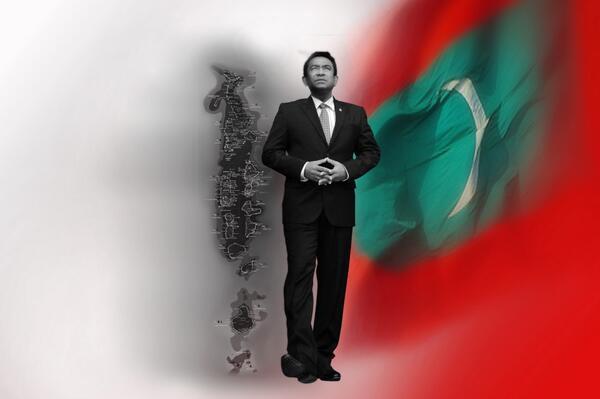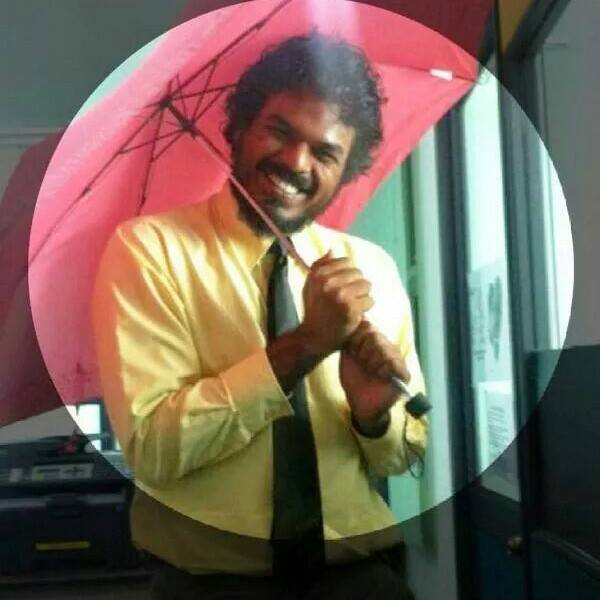Why we must object to the farce of a ‘trial’ against Nasheed
by Aishath Velezinee
On Sunday, former President of Maldives, Mohamed Nasheed, was arrested. The arrest warrant issued by Criminal Court stated “terrorism charges brought against the subject and fears that he may not attend the Court or go into hiding” as reason for arrest. The evidence and substantiation for Court decision was given as, “how matters had transpired when a case against subject was heard at the Hulhumale’ Magistrate Court, and Police Intelligence reports”. The arrest warrant was provided on the request of the Prosecutor General who was according to the arrest warrant, “investigating case”.
Till then, there had been no mention of terrorism charges against Nasheed by any authority nor had an investigation into terrorist activities by Nasheed taken place.
Local media soon reported the trial has been scheduled in Criminal Court for 4pm today, and it emerged that the Prosecutor General had filed new terrorism charges in Criminal Court after withdrawing the case against Nasheed pending in Hulhumale’ Magistrate Court for over two years as Nasheed challenged the cherrypicking of his trial bench by the Judicial Service Commssion and the procedural appeals dragged on without decision.
As the new trial begins in a couple of hours, there is more reason than ever before to object to the farce.
- The current Prosecutor General Muhthaz Muhsin is a former Criminal Court judge, who worked as a junior judge under Criminal Court chief Judge Abdulla Mohamed who is himself the subject in the case against Nasheed.
- Media reports the Criminal Court has selected a bench of three judges – Judge Abdulla Didi, Judge Ahmed Rasheed and Judge Shujau Usman – for the case.
The first two are both former members of the Judicial Service Commission (JSC) who played crucial roles within JSC in both re-appointing Abdulla Mohamed as judge despite him not meeting criteria and pending serious misconduct issues, and in covering up misconduct after re-appointment. Moreover, both carry bias against Nasheed evident in JSC records, especially in discussions of misconduct allegations against Judge Abdulla Mohamed filed with the JSC by the President’s Office in 2009 when Nasheed was in office.
Judge Didi served on the JSC from it’s establishment as an interim commission in 2008 till 2015 as the lower courts appointee. Ahmed Rasheed elected by the law community served on the JSC from 2009 to 2015 and was appointed a Criminal Court judge by the JSC just days ago.
The third, Shujau Usman, was re-appointed a Magistrate by JSC despite a criminal record and was one of three magistrates cherry-picked by the JSC for the Hulhumale’ Magistrate Court bench for Nasheed’s case.
Nasheed’s trial then is not simply political persecution by the government of President Yameen but an already orchestrated trial, managed by the JSC, with the Prosecutor General and the Criminal Court bench already set against Nasheed and ready to avenge Abdulla Mohamed.
Meanwhile, heading the JSC today is Supreme Court Justice Ali Hameed infamous for his white underpants and sex tapes gone viral on the internet.

